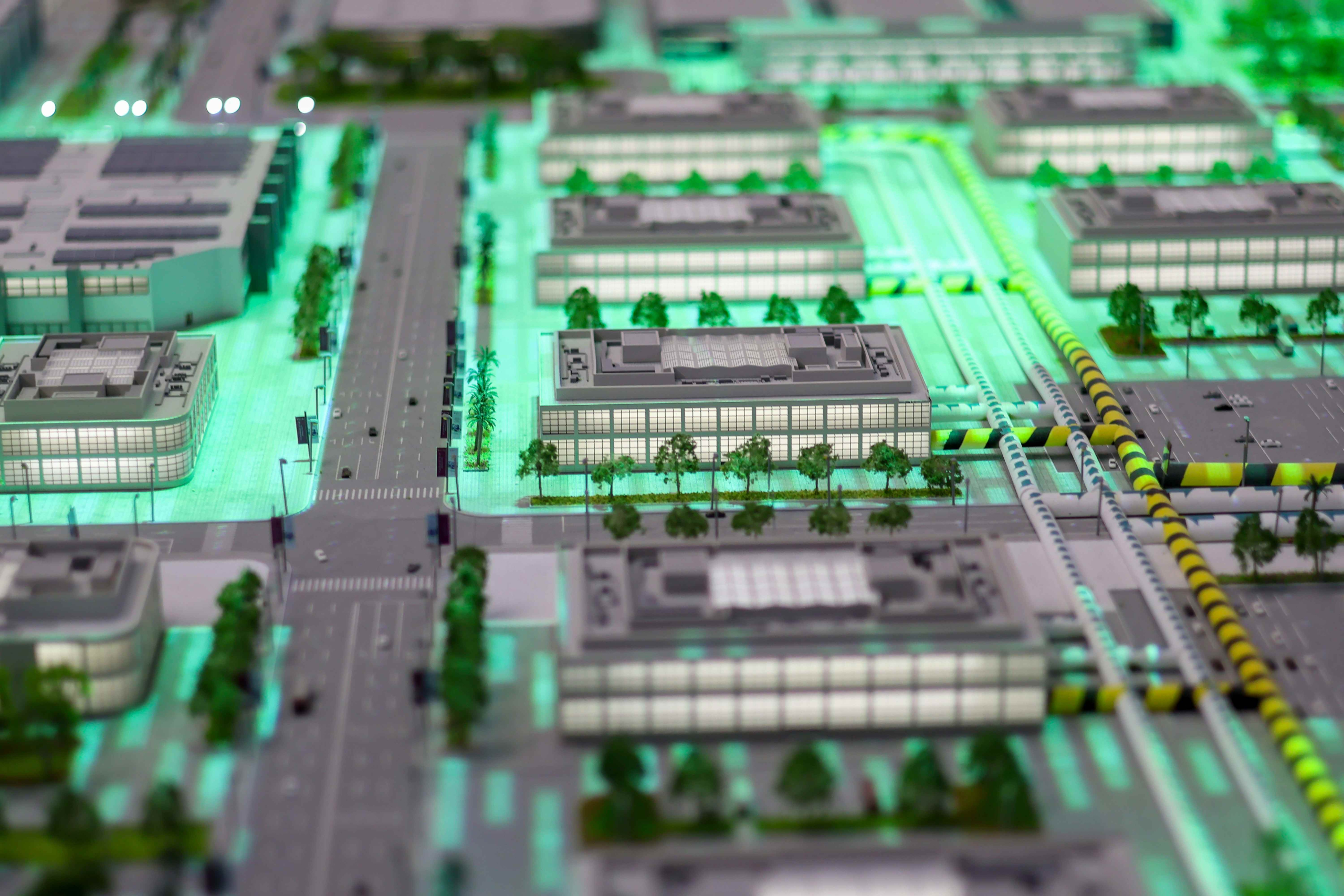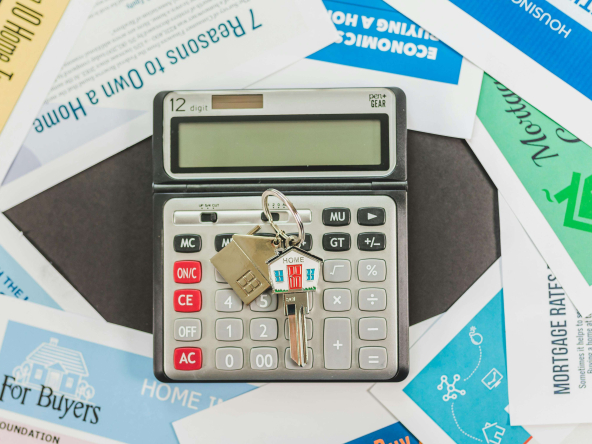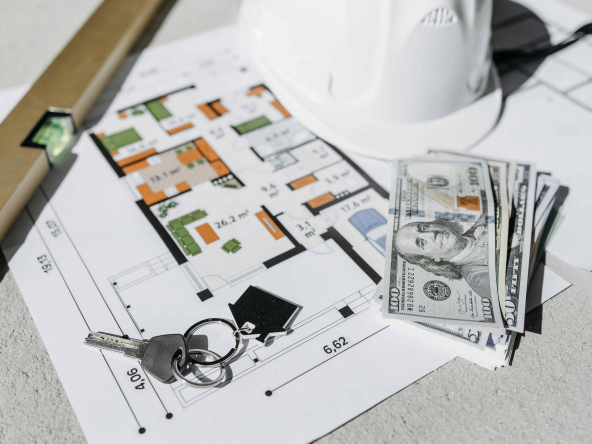Kenya’s real estate market is undergoing a major digital transformation. From online property listings to blockchain-based transactions and virtual tours, technology is redefining how property is bought, sold, and managed.
In the past, real estate transactions were slow, paper-heavy, and often prone to fraud. Today, digital platforms and PropTech (Property Technology) are making the process faster, more transparent, and accessible to both local and international investors.
Here’s a closer look at how technology is changing Kenya’s property landscape.
1. Digital Property Listings and Marketplaces
Gone are the days when buyers relied solely on newspaper ads or word of mouth. Online platforms have made property discovery easier and more transparent.
Popular platforms like BuyRentKenya, Property24, allow buyers, sellers, and agents to connect instantly. These sites feature:
-
Verified property listings with high-quality photos
-
Location filters and price comparisons
-
Virtual viewing options and map-based searches
Impact: Buyers can explore multiple options without physically visiting each property, while sellers reach a broader audience, improving visibility and sales.
2. Virtual Tours and 3D Visualization
With growing internet penetration and smartphone usage, virtual property tours are becoming the norm in Kenya’s urban markets.
Agents now use 360° photography, drone footage, and virtual reality (VR) to showcase properties remotely. For developers selling off-plan units, 3D architectural renderings help buyers visualize the final project before completion.
Benefits:
-
Saves time for both buyers and sellers
-
Attracts diaspora and foreign investors who cannot visit in person
-
Builds trust and improves sales conversions
3. Mobile Money and Digital Payments
Kenya’s leadership in mobile finance driven by M-Pesa, Airtel Money, and fintech apps has made real estate transactions simpler and safer.
Tenants can now pay rent via mobile apps, and investors can make deposit payments or service charge transfers with digital receipts. Property managers also use integrated systems for automated rent collection and accounting.
Impact: Faster, traceable, and more secure financial transactions with reduced risk of cash fraud.
4. Blockchain and Secure Land Transactions
Land fraud remains one of the biggest challenges in Kenya’s real estate sector. To address this, the Ministry of Lands has launched the ArdhiSasa digital land management platform.
This blockchain-inspired system allows Kenyans to:
-
Conduct online title searches
-
Apply for land registration and transfers
-
Track land ownership history
Result: Greater transparency, reduced corruption, and increased investor confidence in land transactions.
5. Real Estate Apps and CRM Tools
Property developers, agents, and managers are adopting customer relationship management (CRM) and mobile applications to streamline operations.
Some of the key functionalities include:
-
Tracking leads and inquiries
-
Managing property portfolios
-
Automating tenant communication
-
Scheduling viewings and follow-ups
6. Smart Homes and Internet of Things (IoT)
Smart home technology is slowly gaining traction in Kenya’s high-end real estate developments.
Developers in Nairobi, Karen, and Runda are integrating IoT-powered systems such as:
-
Smart lighting and thermostats
-
Keyless door locks and security systems
-
Energy-efficient appliances
Benefits: Increased property value, improved energy management, and enhanced convenience for homeowners.
7. Data Analytics and Market Insights
Investors and developers are now leveraging data-driven insights to make smarter decisions.
Tech-powered analytics platforms track:
-
Price trends and market demand
-
Rental yields by location
-
Demographic shifts and investment hotspots
Impact: Developers can tailor projects to market demand, while investors can identify high-return opportunities.
8. E-Signing and Paperless Transactions
The introduction of digital signatures and document management platforms (such as DocuSign and Adobe Sign) has simplified the closing process for real estate deals.
Buyers and sellers can now sign agreements remotely, reducing paperwork and speeding up transactions—especially for diaspora investors.
Result: Greater convenience and lower administrative costs for both developers and clients.
9. The Rise of PropTech Startups in Kenya
Kenya’s tech ecosystem has paved the way for innovative PropTech startups focused on solving local real estate challenges.
These companies are tackling issues such as:
-
Affordable housing through digital financing models
-
Property verification using blockchain
-
Tenant management and rent automation
Technology is a necessity in Kenya’s real estate market. From smart transactions to online platforms, tech innovation is improving transparency, accessibility, and efficiency across the sector.
For investors and developers, embracing PropTech solutions means faster deals, safer transactions, and a competitive edge in an increasingly digital marketplace.
As Kenya continues to modernize its property systems, those who adapt early will benefit the most from this digital revolution.




